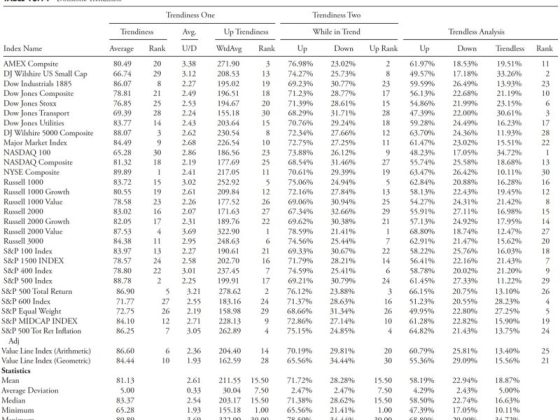The little-known city of Perryville, Missouri, is located in the southern region of the state, far removed from the bustling activity of major centers like Kansas City or St. Louis. With a population hovering around 8,500, it’s nicknamed The City of Roses for the numerous rose gardens that dot its locale. However, residents, for some time now, have been preparing for a phenomenon far grander than blooming roses: a chance to be at the centerfold of the solar eclipse phenomenon.
The city lies directly in the path of totality, a feature that puts it on the global map of areas providing the best views of the solar eclipse. This rare occurrence is a significant driving force for tourists and the scientific community, thus presenting Perryville with the opportunity to cash in on the boost in tourism. It’s a prospect that could considerably boost the economy of this small town.
Despite this promising outlook, Perryville is trying its best not to take full advantage of this opportunity. While one may wonder why the city is not capitalizing on this golden goose, the reasons remain rooted in the heart of the community. The shielding of Perryville from commercial exploitation of this celestial phenomenon speaks volumes about the city’s ethos and values, essentially portraying the essence of its societal fabric.
Perryville’s planning committee, for instance, while expecting a surge of visitors has ensured that town amenities and infrastructure prioritize the needs of its residents first before those of tourists. Instead of setting up ticket prices for previewing areas or overcharging for essentials like food and water, the city officials have chosen a more modest and community-minded approach. They’ve organized viewing parties in local parks, designated free camping areas, and held workshops on solar eclipse education, all of which are primarily free or come at a very minimal cost.
The town’s school district, in an admirable display of community spirit, has postponed the start of the school year to facilitate the event, thus enabling students to experience the eclipse as a broadened understanding of their curriculum. Yet, they’ve decided to resist commercializing the event as a school fundraiser, further emphasizing the city’s reluctance to cash in indiscriminately.
Local businesses have also contributed to nurturing this community spirit. Restaurants and shops are serving eclipse-themed items but have not dramatically shot up their prices for the occasion. Hotel rooms, which could have been filled to capacity and charged at premium rates, still have vacancies as they stand by their commitment to offer reasonable prices.
Perryville’s attempts to resist the commercialization of the eclipse goes to show the city’s inherent character – one that values the essence of community living over capitalistic gains. This remarkable strategy places its residents and sustainability over immediate economic gratification.
The city’s indirect economic benefits, however, are undeniable. Even without aggressive pricing strategies, the influx of tourists will undoubtedly leave an economic imprint, from shopping at local stores, filling gas, and eating at local restaurants. Perryville’s subtle approach ensures the temporary population swell doesn’t disrupt the harmonious functioning of the city, keeping it welcoming and congenial, for both residents and visitors alike.
In the end, the truly enriching moment for Perryville is not so much the potential financial boon but the shared experience, the strengthening of community ties, and the shared pride of hosting a global event. Indeed, while Perryville may be small in size, its approach towards the eclipse, and the underlying motivations behind it, prove that it is grand in spirit, substance, and character.











